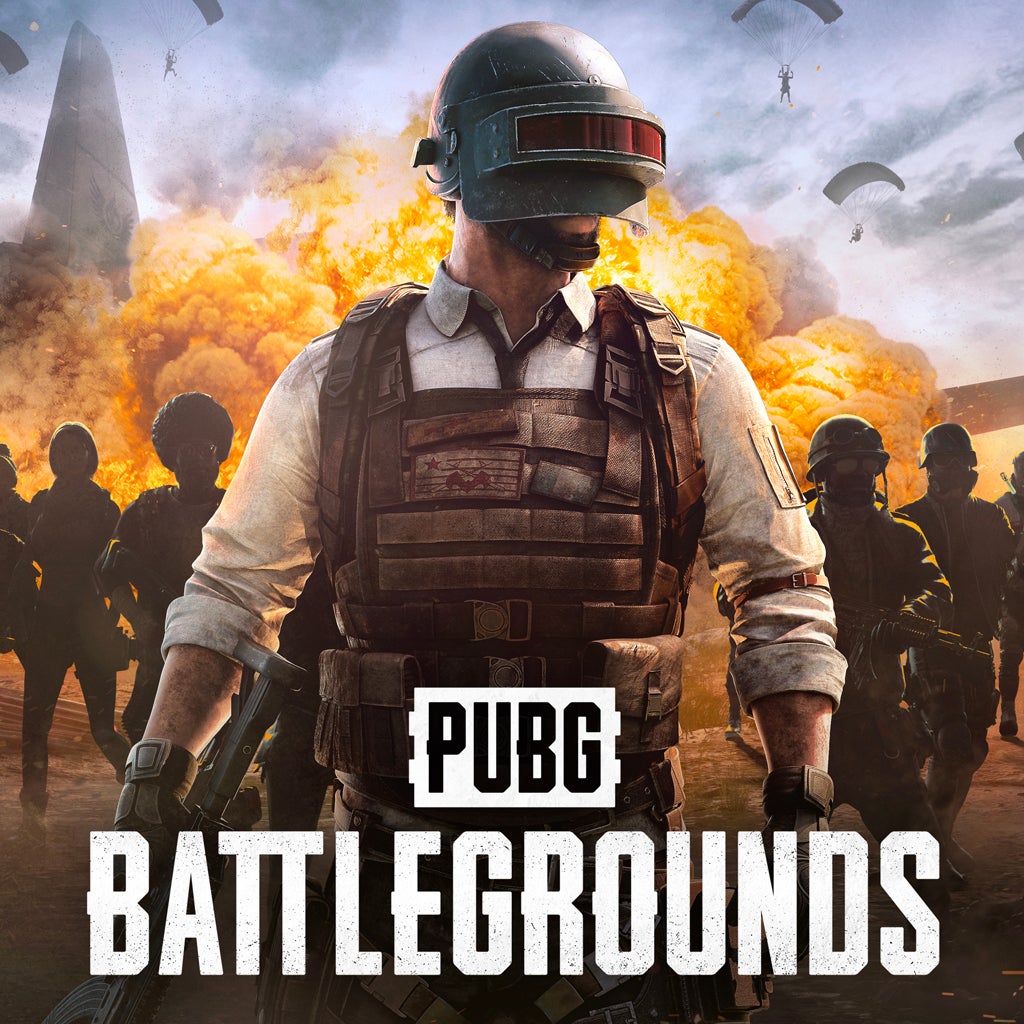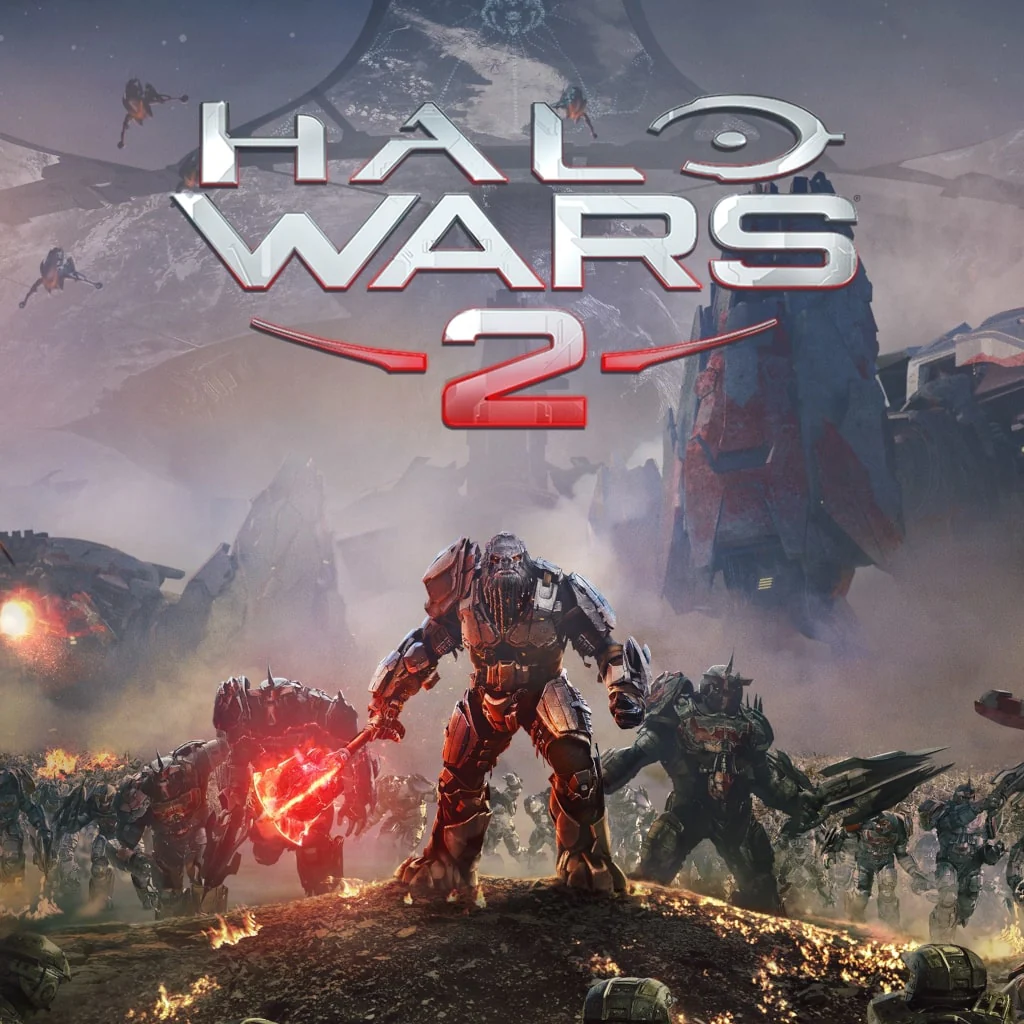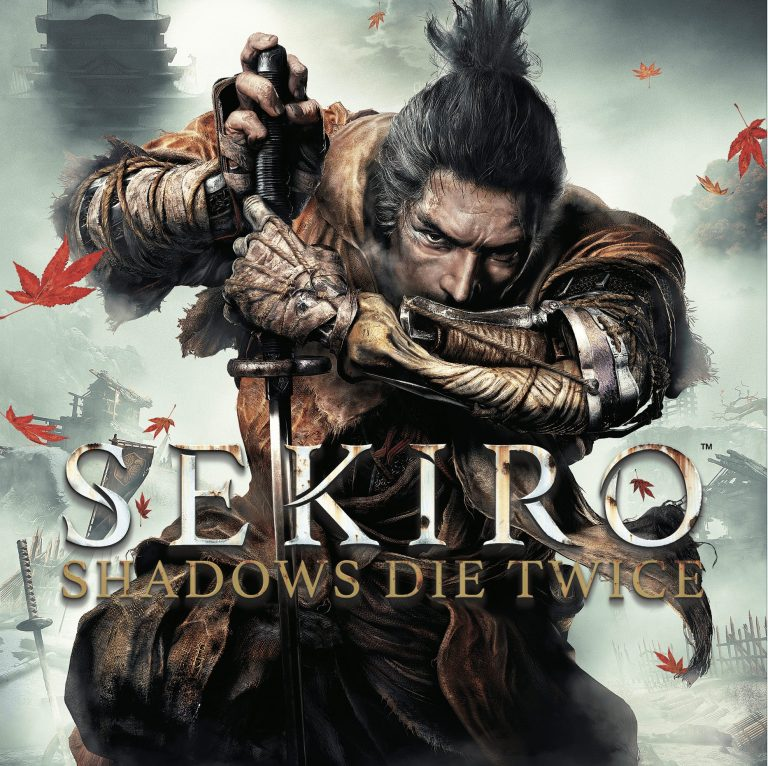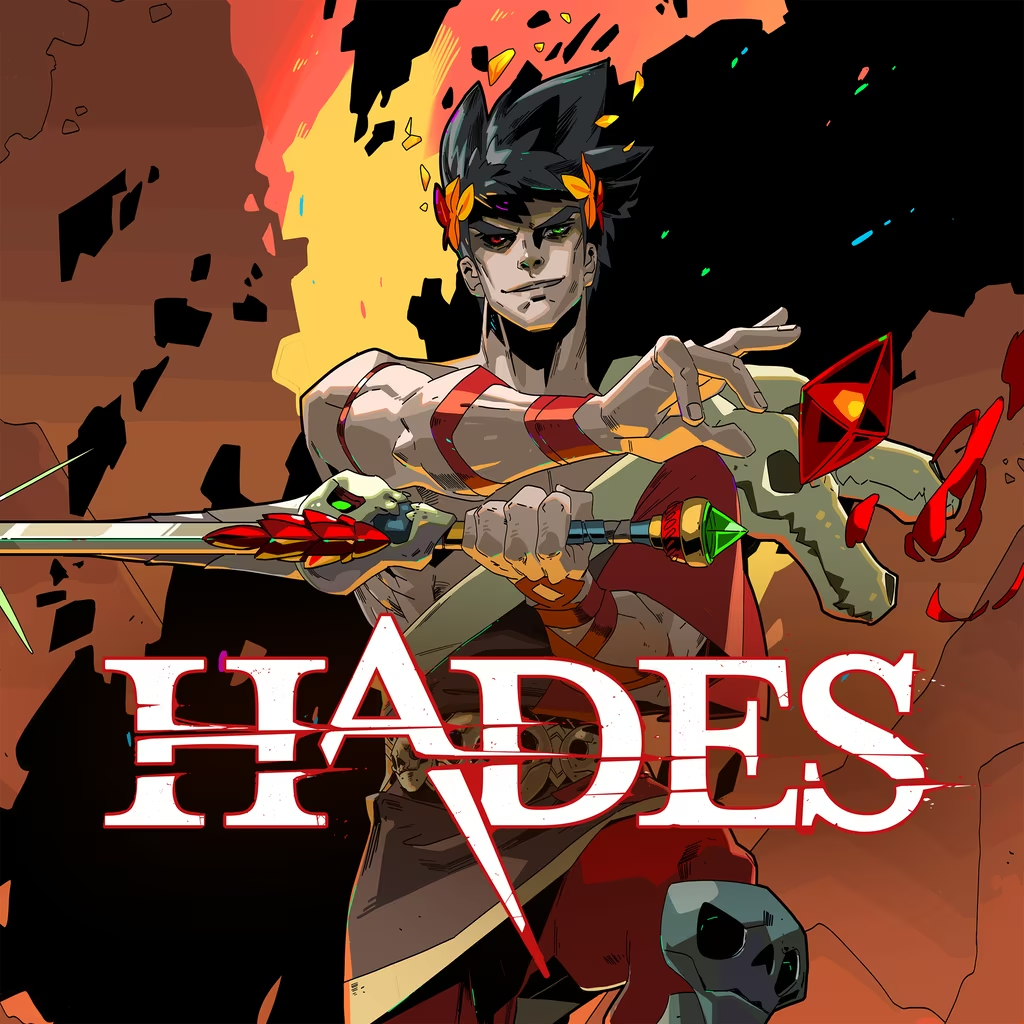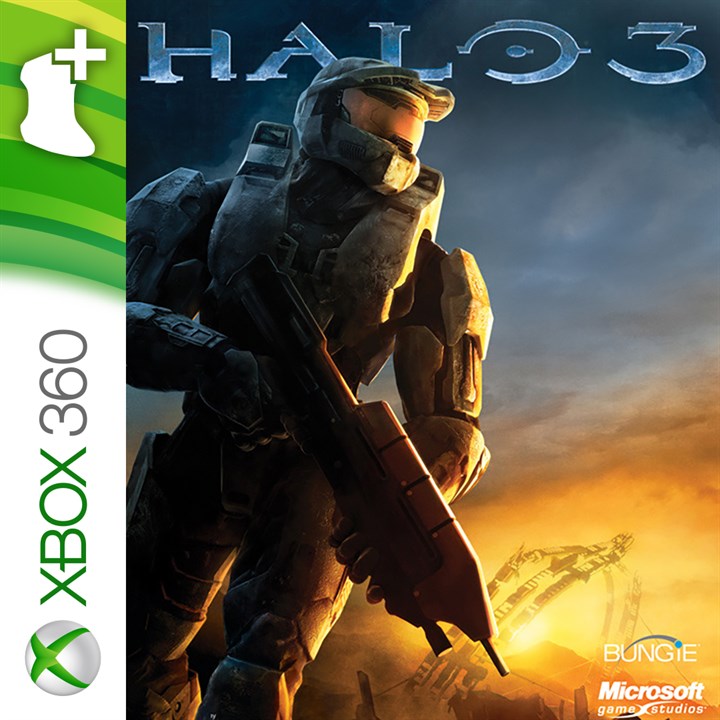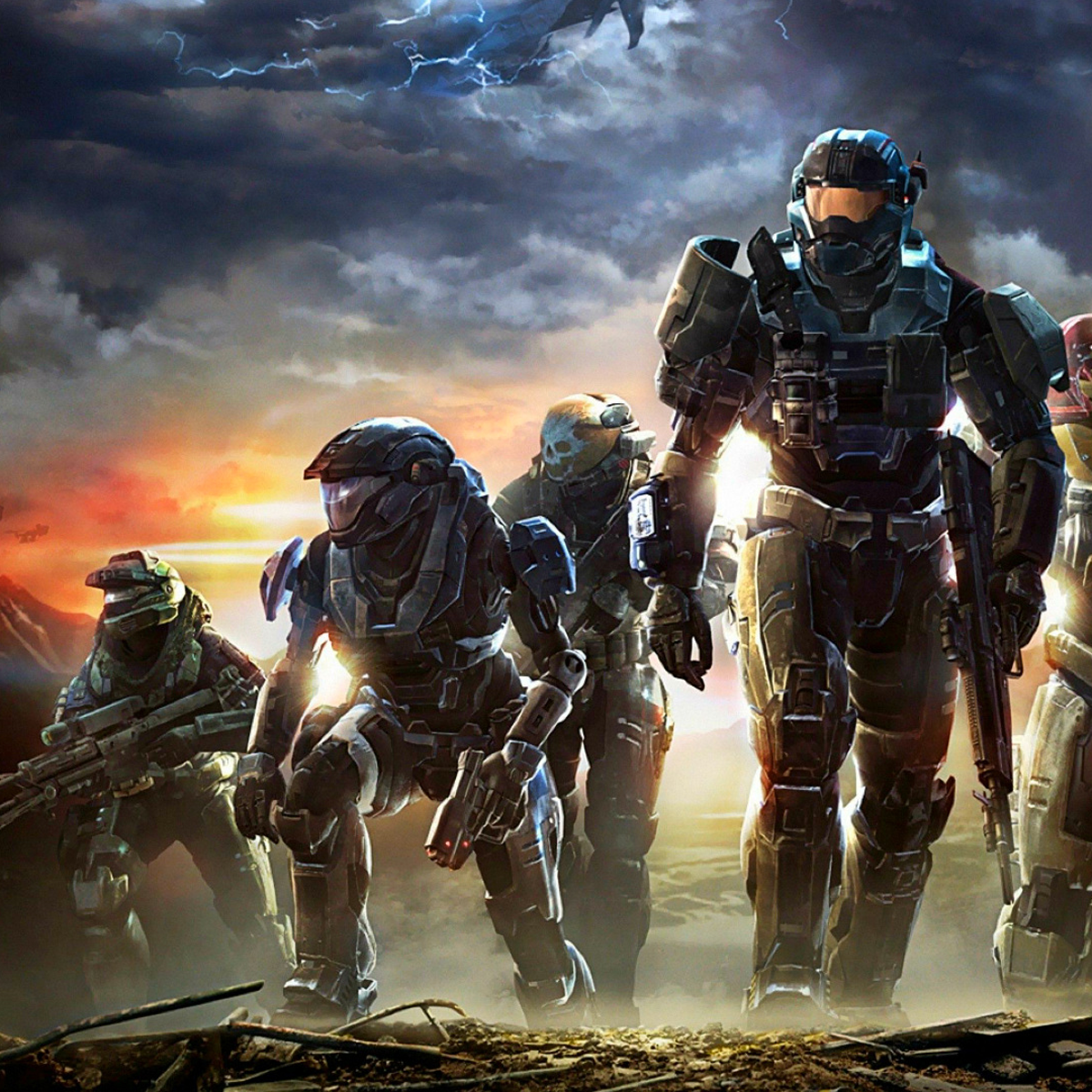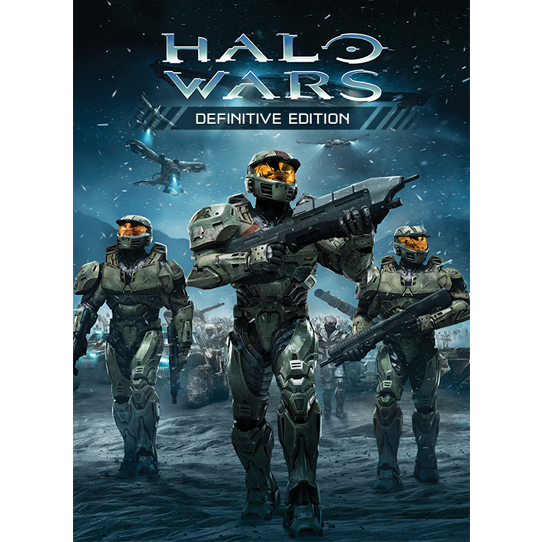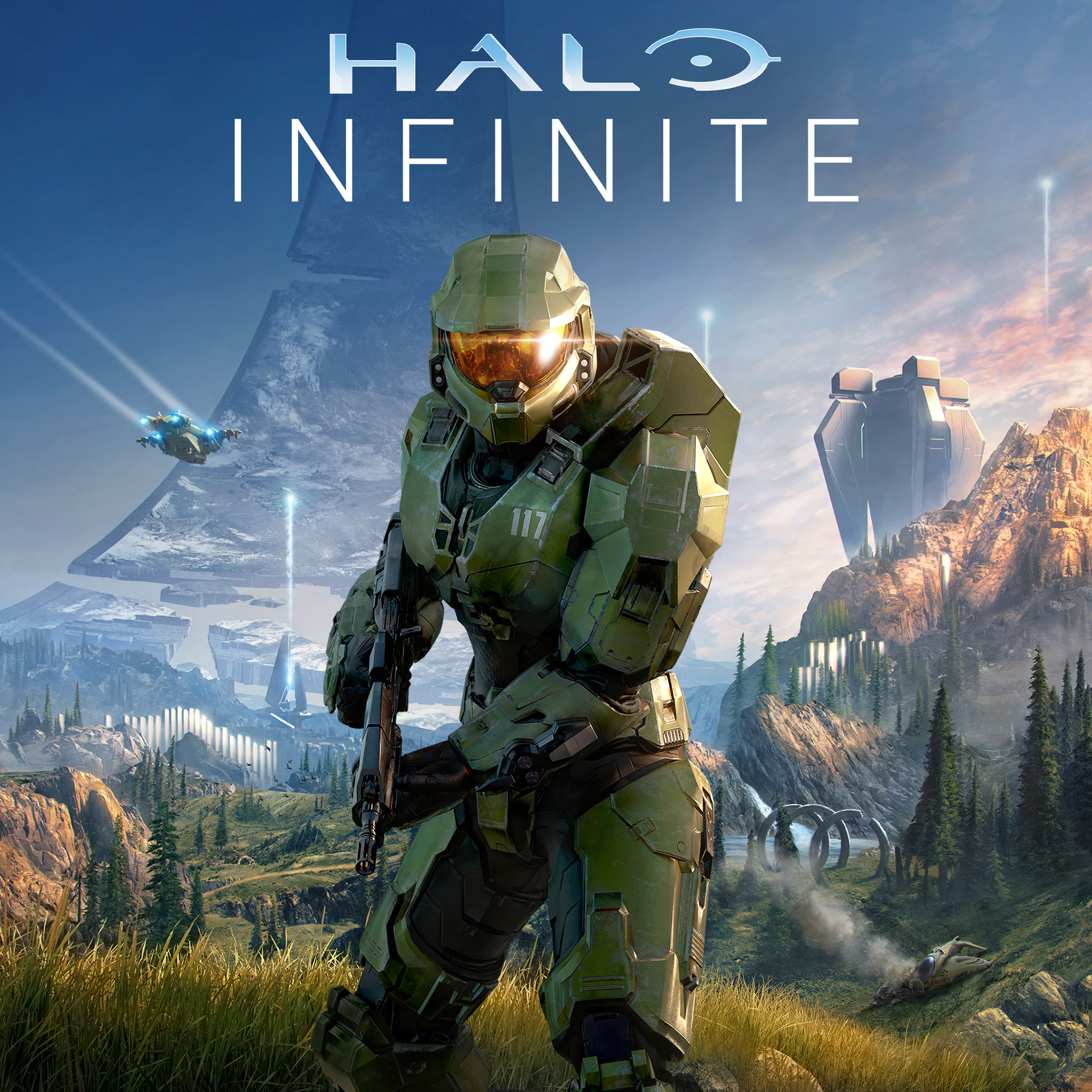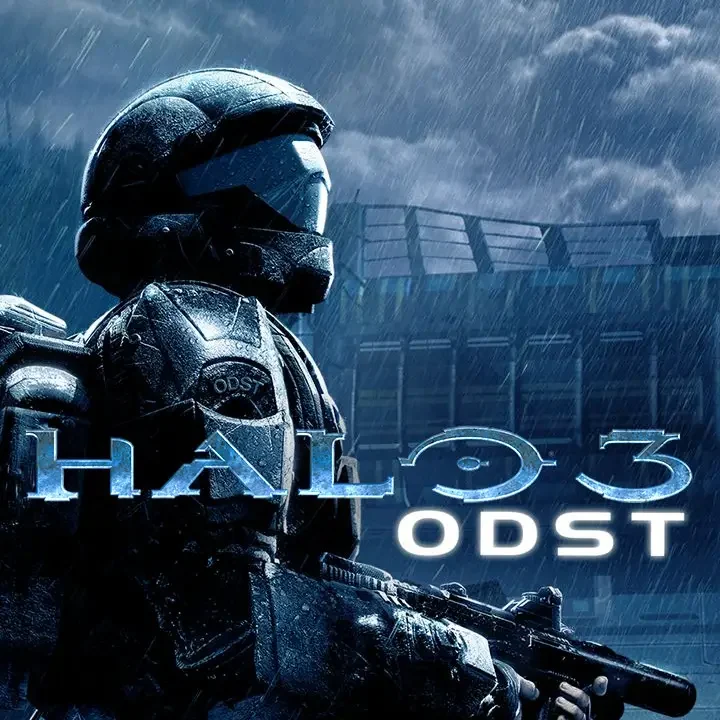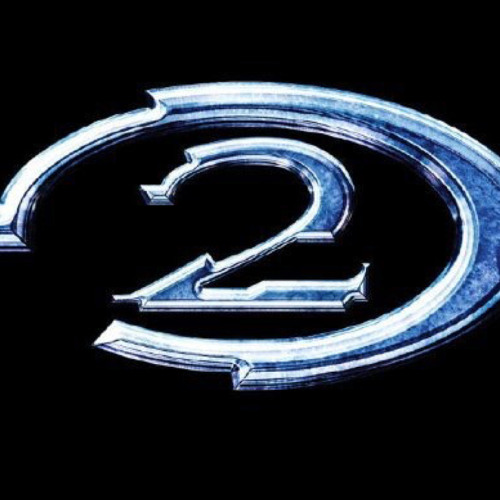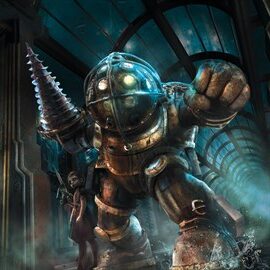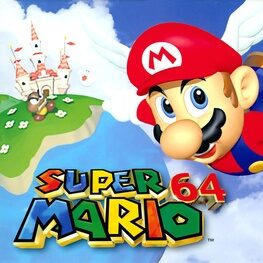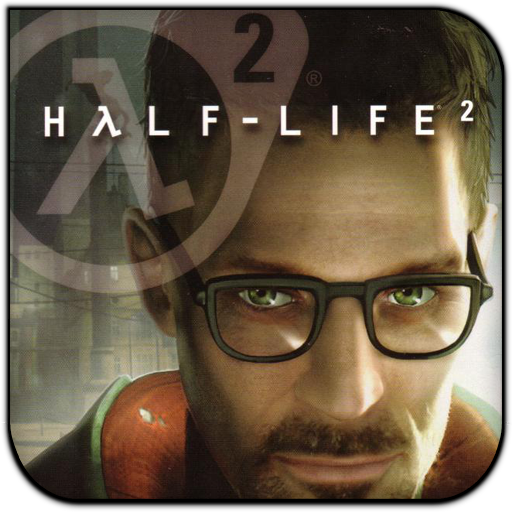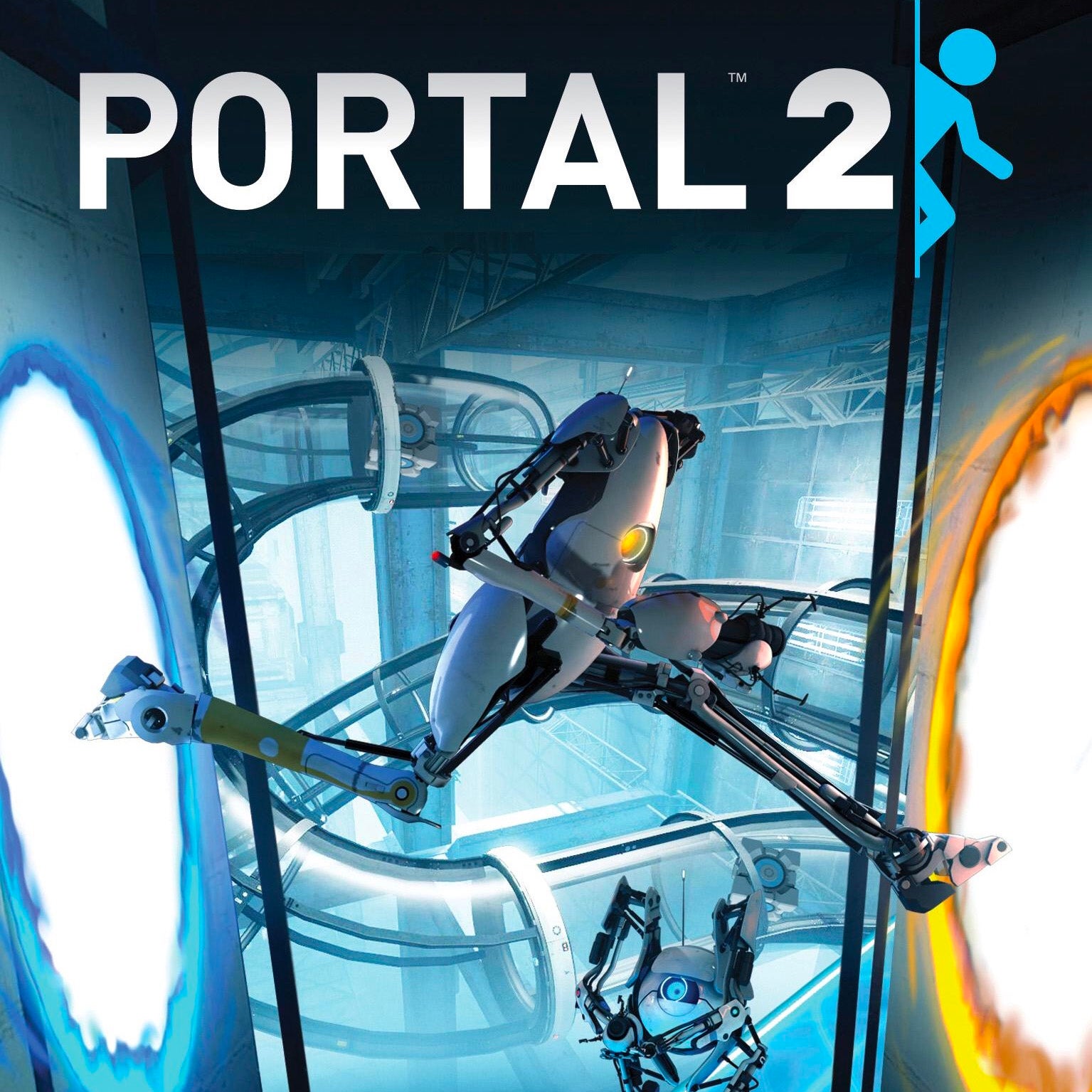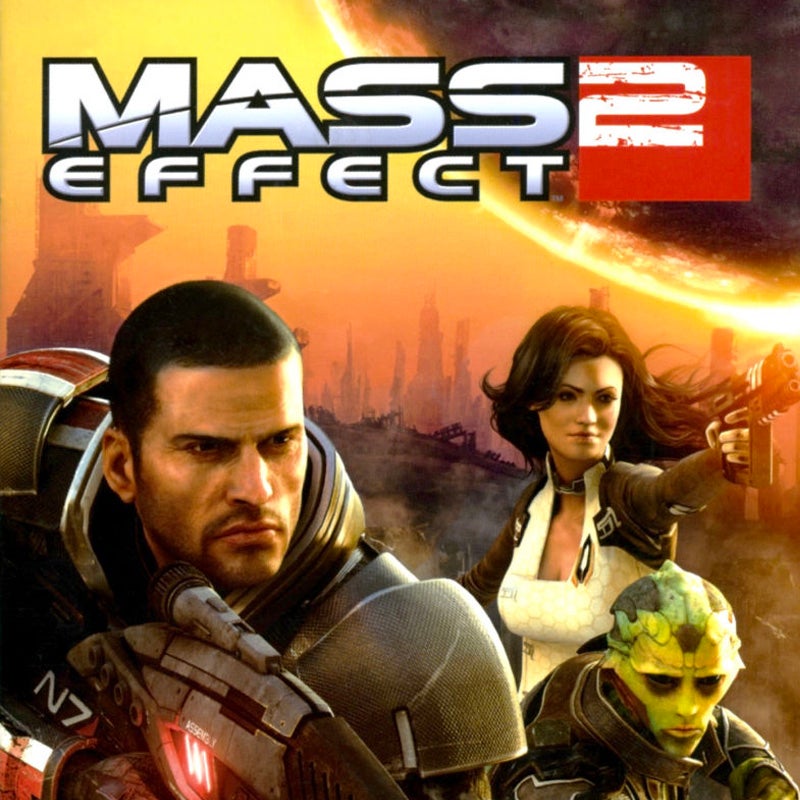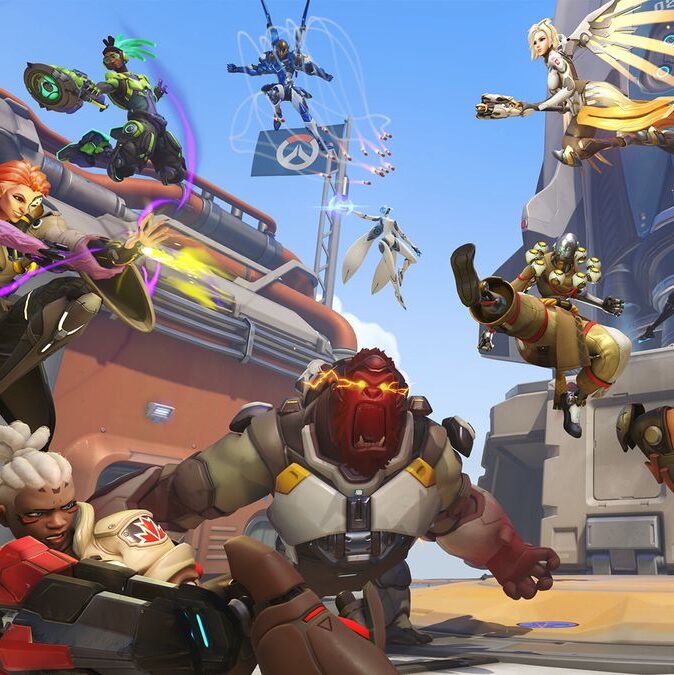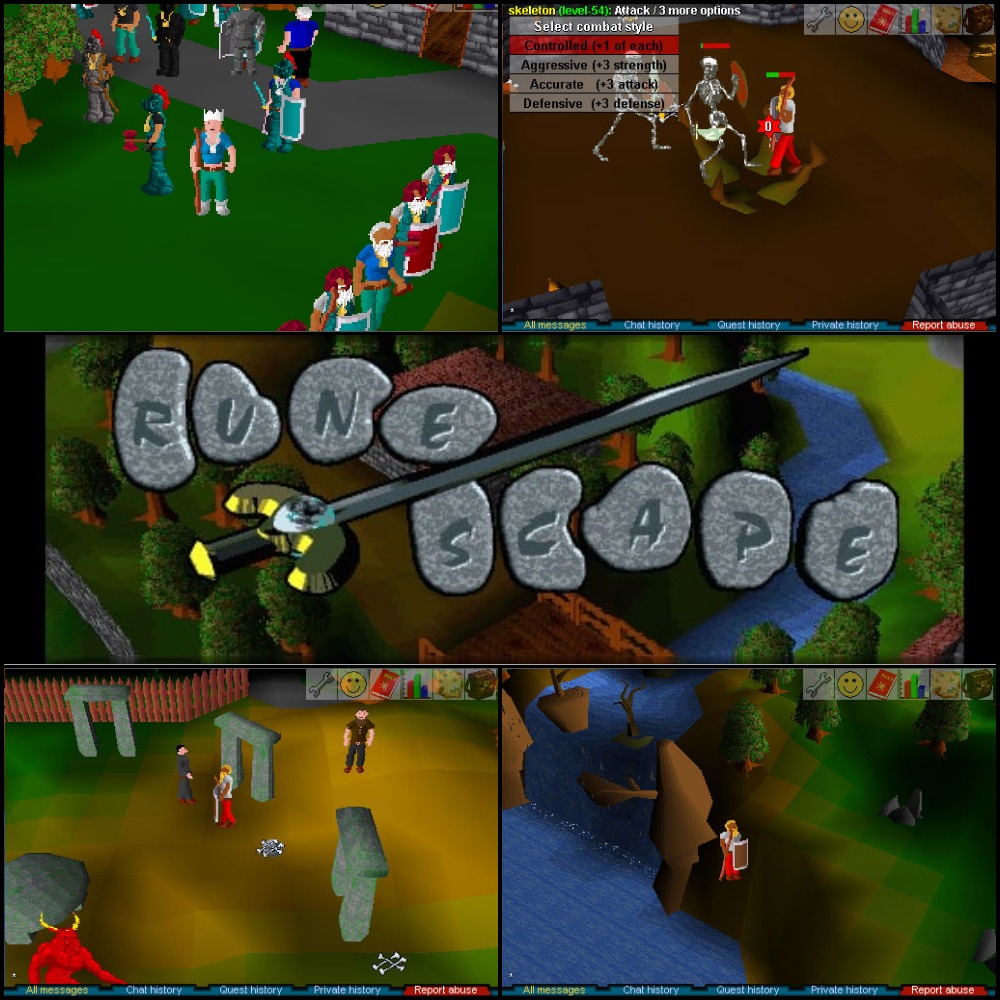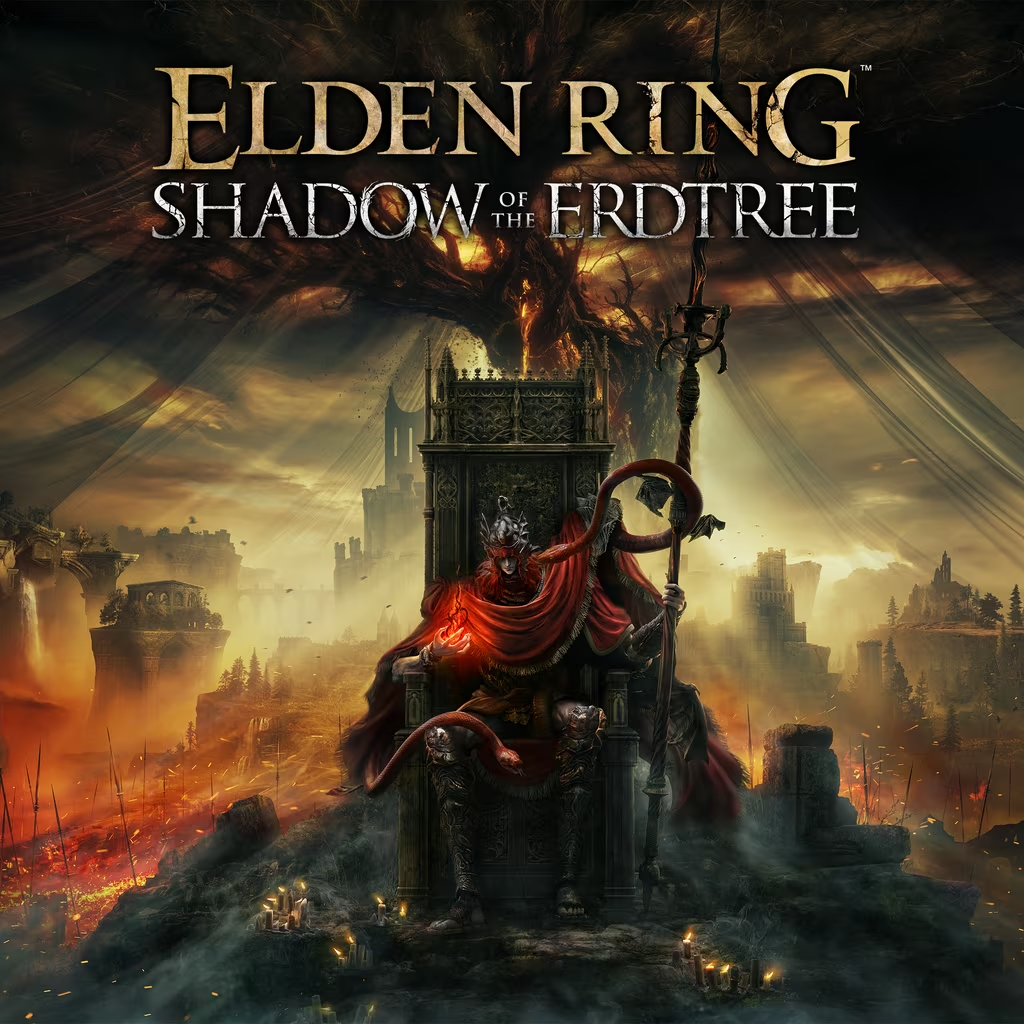(PUBG) When PlayerUnknown’s Battlegrounds was released in 2017, it wasn’t just another game on the market. It was a revolution. PUBG didn’t just create a new genre—it completely transformed how players engage with video games. PUBG brought the concept of Battle Royale to the mainstream, introducing millions of players to the thrill of large-scale survival games. Before PUBG, the idea of 100 players fighting for survival on a massive map wasn’t something players could have imagined. Fast forward to today, and we see the influence PUBG had on games, culture, and even the future of gaming.
In this article, we will explore PUBG’s journey, its gameplay mechanics, its influence on the gaming industry, and how it reshaped the Battle Royale genre, all while continuing to impact both players and developers. Whether you’ve been a fan since the early days or are just curious about the game’s legacy, this post will give you a comprehensive look at PUBG’s lasting impact.
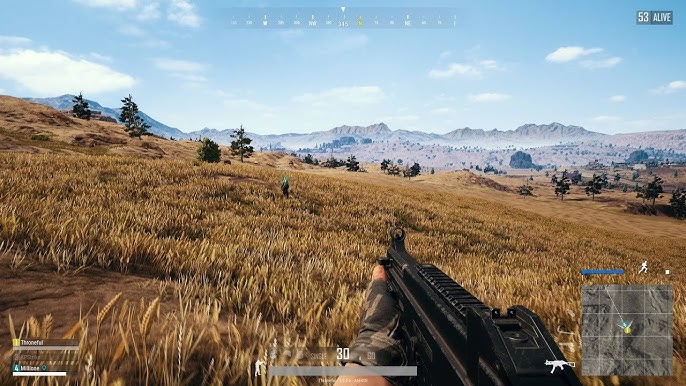
The Birth of PUBG; The Game That Started It All
PUBG’s origins are rooted in a mod that started it all. Let’s take a deep dive into the creation of PUBG and how it went from a mod to a globally successful title.
- From Mod to Full Game:
PUBG was born out of a mod created by Brendan “PlayerUnknown” Greene for the game ARMA 2. The mod, titled Battle Royale, was inspired by the Japanese film Battle Royale and the concept of survival where players fight to be the last one standing. The mod was a massive hit within the ARMA community, attracting the attention of players and developers alike. Due to its popularity, Greene was brought on board by Bluehole (now PUBG Corporation) to create a standalone version of his Battle Royale mod. What started as a fan-made experience became the foundation for the game we know today. - Early Development and Reception:
PUBG’s early development took place under the guidance of Greene, who envisioned a much broader and deeper experience than what was possible in ARMA 2. The game entered early access in March 2017, and its arrival was nothing short of explosive. Within just a few months, PUBG became a cultural sensation, topping sales charts and becoming one of the most-played games on Steam. Its influence was immediate, and other developers began scrambling to create their own take on the Battle Royale genre. - Battle Royale: The New Genre:
What makes PUBG special is that it didn’t just introduce new gameplay—it gave birth to a completely new genre. The Battle Royale genre, popularized by films like The Hunger Games and Battle Royale, became a mainstay in gaming thanks to PUBG’s success. Players now had a new experience: a large, open world filled with danger, where only one would survive. This shift opened the door for other games to embrace similar concepts, and soon we saw the rise of other successful Battle Royale titles like Fortnite, Apex Legends, and Call of Duty: Warzone.
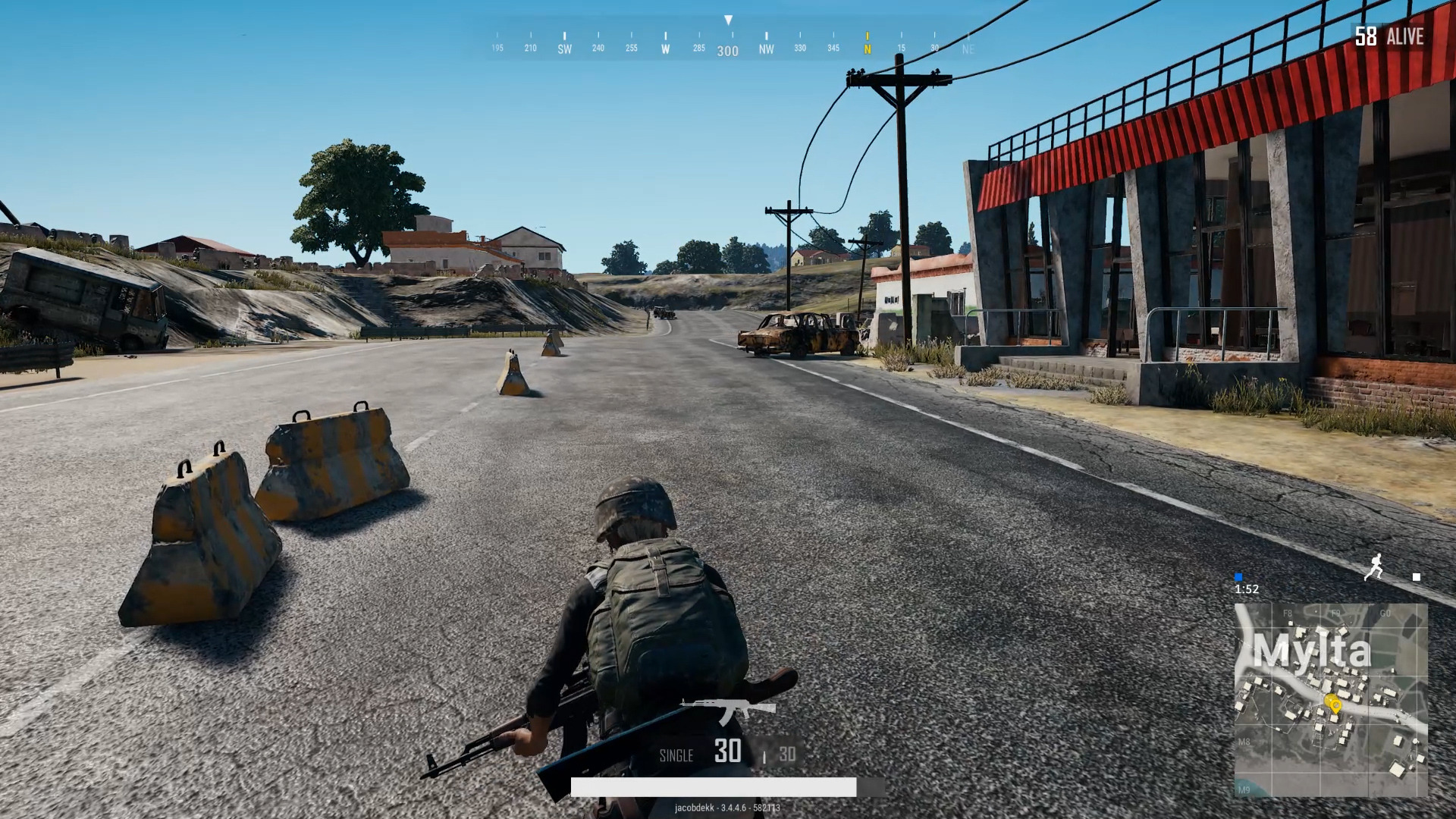

Core Mechanics; The Blueprint for Battle Royale Games
PUBG’s gameplay set the stage for the entire Battle Royale genre. Let’s break down the key features and mechanics that made PUBG a game-changer.
- Map Design:
- Erangel: The original map that started it all is a vast, sprawling island filled with urban areas, forests, hills, and wide open spaces. The strategic diversity of Erangel was unlike anything seen in competitive shooters before. It balanced sniper-friendly open areas with dense, urban environments that forced players into close-quarters combat.
- Miramar: A desert map that brought a new challenge with its wide open spaces, high-risk areas, and lack of cover. The design of Miramar forced players to think differently, relying more on vehicles to navigate the terrain and adapt to the unforgiving landscape.
- Vikendi: A snowy map where visibility becomes a strategic factor. The weather, combined with the terrain, creates a new challenge for players, adding a layer of strategy in terms of movement, combat, and positioning.
- Gameplay Loop:
- Parachuting: Each match begins with players parachuting into one of the game’s maps. The choice of landing spot is critical to success. Players can land in areas where loot is plentiful or in more isolated spots to avoid early confrontations.
- Scavenging: Once on the ground, players must scavenge for weapons, armor, and healing items. This random loot system means that no two matches are ever exactly alike. The fight for resources adds a sense of urgency, as players must gear up as quickly as possible to survive.
- Combat: PUBG features a wide array of weapons, from assault rifles to sniper rifles, shotguns, and even melee weapons. This variety of weapons ensures that players can choose their combat style, whether they prefer long-range engagements or close-quarters combat.
- Shrinking Play Zone: One of PUBG’s defining features is the shrinking play zone. As the game progresses, the playable area gets smaller and smaller, pushing players toward one another. This mechanic increases the tension, ensuring that matches never drag on for too long and that players are constantly forced to move.
- Strategic Depth:
- Positioning: PUBG is as much about strategy as it is about combat. Players must carefully choose their positions, whether they’re camping in a building, holding the high ground, or finding cover in a dense forest. Good positioning is often the difference between winning and losing.
- Weapon Selection: Every weapon has its own strengths and weaknesses, and knowing when to switch from one weapon to another is vital. Whether you’re using a shotgun in close-range combat or a sniper rifle for long-range engagements, knowing your weapons is key to surviving.
- Team Coordination: PUBG’s squad mode requires teamwork and communication. Players must coordinate their movements, share loot, and watch each other’s backs if they want to survive. Team play in PUBG elevates the experience, creating moments of tension, drama, and triumph.
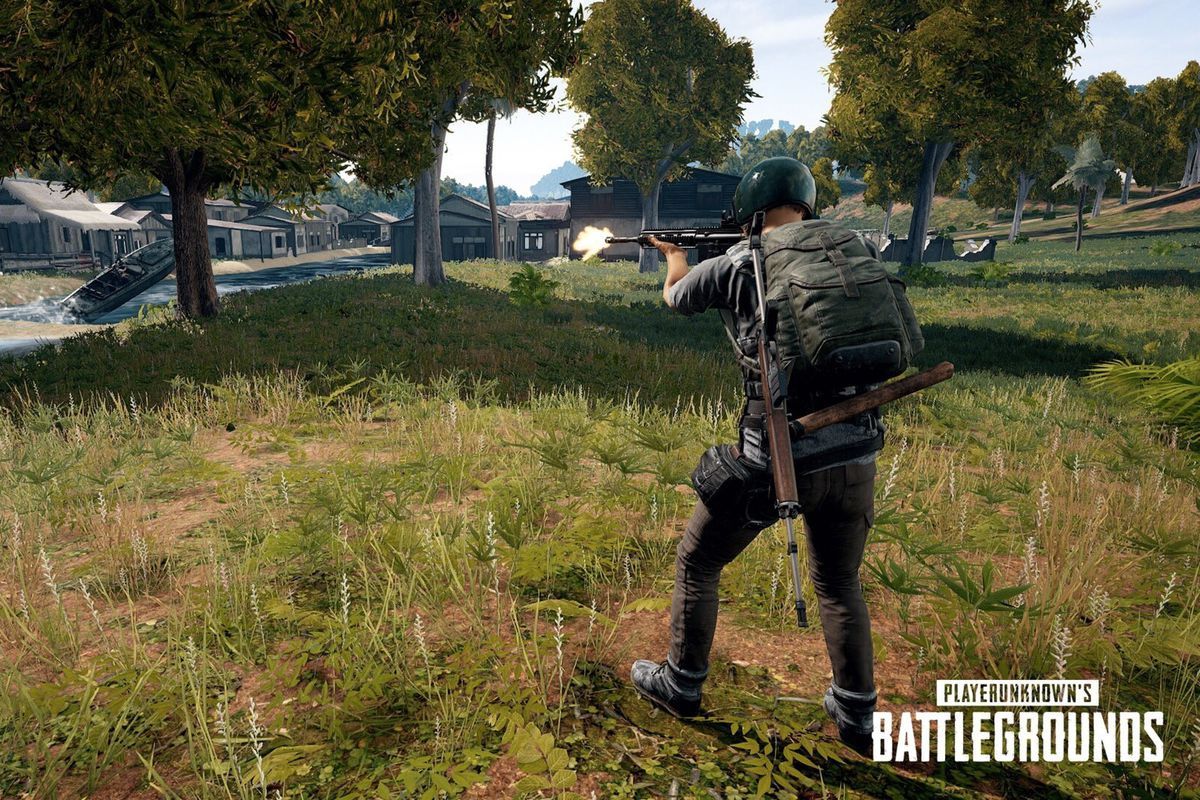

PUBG’s Impact on the Gaming Industry
PUBG didn’t just impact its players—it changed the entire gaming industry. Its influence can be seen across multiple facets of the industry.
- Rise of Competitors:
- After PUBG’s meteoric rise, it quickly inspired a wave of other Battle Royale games. Fortnite was one of the most notable competitors, adopting the core mechanics of PUBG but adding its own unique elements, like building structures and a cartoony art style. This sparked a rivalry between the two games, with Fortnite going free-to-play and eventually becoming the biggest Battle Royale game in the world.
- Other games like Apex Legends and Call of Duty: Warzone also embraced the genre, further cementing Battle Royale as a dominant gaming trend.
- Changing Game Design:
- Open-World Design: PUBG’s open-world concept had a lasting effect on game design. Developers began focusing on creating expansive, open environments in multiplayer shooters, giving players the freedom to explore and engage in dynamic, player-driven experiences.
- Survival Mechanics: PUBG also helped popularize survival mechanics in multiplayer games. From managing health and armor to scavenging for supplies, PUBG’s influence can be seen in the way other games now incorporate resource management into their design.
- The Streaming Era:
- PUBG had a massive impact on streaming platforms like Twitch and YouTube Gaming. The game’s unpredictable nature, combined with the excitement of large-scale firefights, made it ideal for streaming. Players loved watching professional streamers engage in intense matches, while others enjoyed seeing casual players experience the highs and lows of battle.


The Evolution of PUBG; Updates, Changes, and Challenges
PUBG’s journey has been one of continuous growth, filled with updates, challenges, and community feedback. Here’s a look at how the game has evolved.
- Frequent Updates:
- PUBG’s developers have made it a priority to consistently update the game. These updates typically include new content, bug fixes, and balance changes to improve the player experience. Frequent updates have kept the game fresh, with new features and mechanics being added regularly.
- Seasonal updates and events, like new skins, limited-time modes, and themed content, help keep the player base engaged and excited for new content.
- New Features:
- War Mode: This fast-paced, team-based mode lets players respawn and fight in a smaller area. It offers a more casual alternative to the standard Battle Royale mode.
- Zombie Mode: A fan-favorite, this mode has players fighting against hordes of zombies, offering a fun twist on the typical Battle Royale experience.
- New Weapons and Vehicles: PUBG consistently adds new weapons, vehicles, and gameplay mechanics to keep the game dynamic. This constant influx of new content ensures that PUBG never becomes stale.
- Addressing Criticism:
- Server Issues: In the early days, PUBG faced significant server problems, especially during peak times. Lag and connectivity issues frustrated players, but the developers made it a priority to improve the servers over time.
- Performance Optimization: PUBG’s performance was a major concern, especially on lower-end systems. However, the developers have worked tirelessly to optimize the game, improving performance across both PC and consoles.
- Bug Fixes: PUBG, like any large-scale game, experienced its fair share of bugs. Despite this, the developers have regularly patched the game, improving both gameplay and stability.
- PUBG’s Future:
- PUBG’s future looks bright, with developers constantly working to improve the game. Fans can expect more content, new maps, and features that will keep the game relevant for years to come. Crossovers with other franchises and new game modes may also keep things exciting for both new and veteran players.
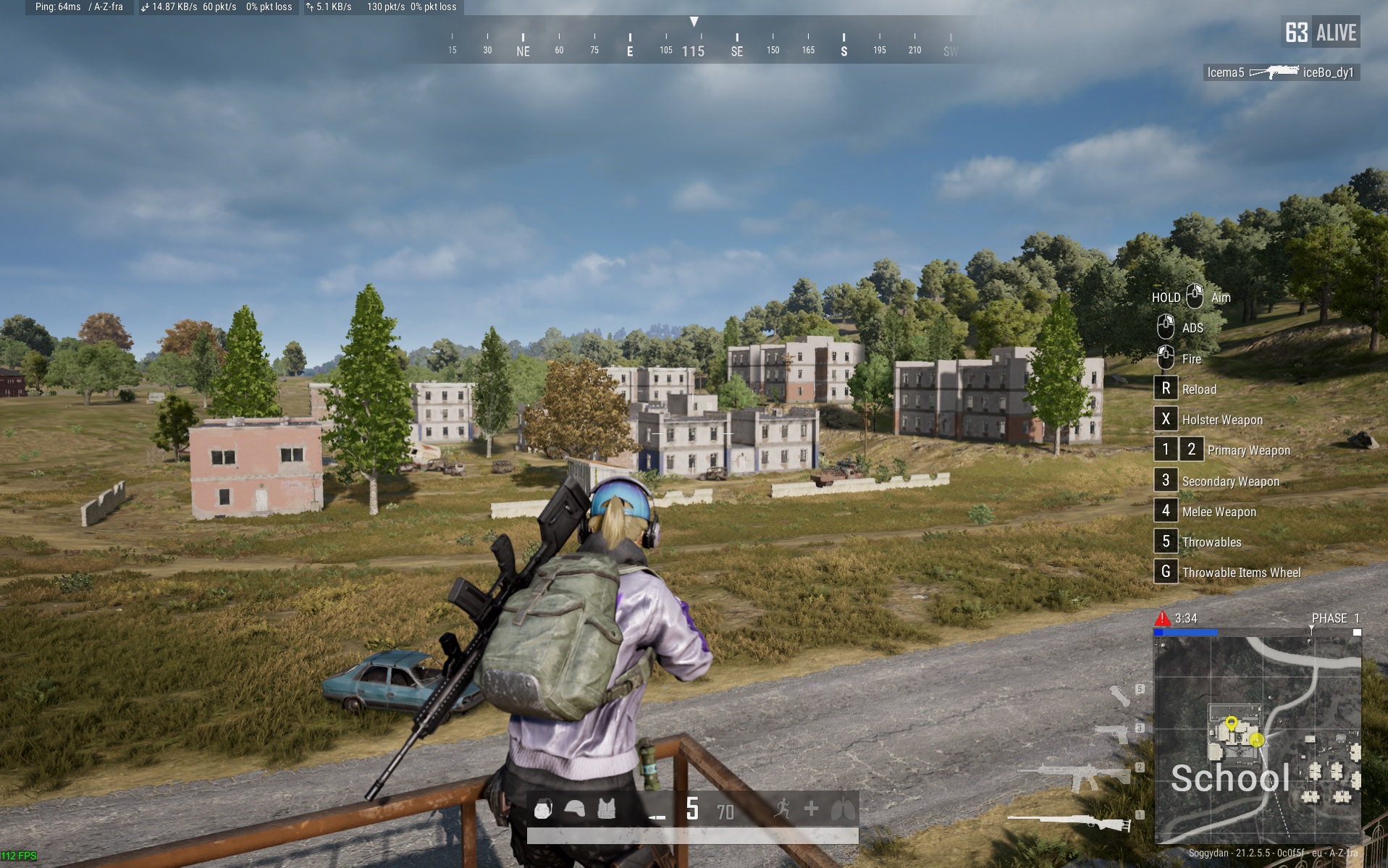

The Community: How PUBG Built Its Dedicated Player Base
PUBG wouldn’t be where it is today without its dedicated community. Let’s explore how the community has shaped the game.
- Player-Driven Culture:
- PUBG’s community is filled with passionate players who love sharing their experiences. From fan-created content like guides, mods, and fan art to active discussions in forums, PUBG’s community is one of the game’s most important assets.
- The game’s mixture of casual and competitive play makes it accessible to all types of players, ensuring there’s always something for everyone.
- Esports:
- PUBG has made a major impact on esports, with the PUBG Global Championship (PGC) becoming one of the biggest events in competitive gaming. The competitive scene continues to grow, with top-tier teams and players competing for large prize pools.
- PUBG’s esports scene helps foster a sense of community and brings players together to celebrate the game.
- Mods and Customization:
- PUBG’s modding community has kept the game fresh by creating custom modes and new challenges. These mods offer players new ways to experience the game, adding replay value and excitement to each match.
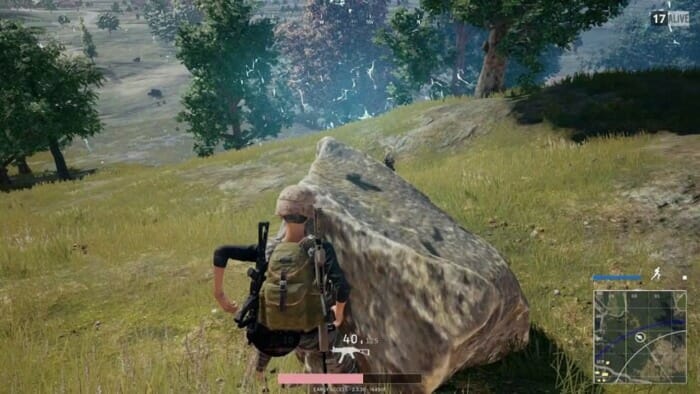

Conclusion:
PUBG’s influence on gaming is undeniable. It not only created the Battle Royale genre; but more importantly, it also reshaped the future of multiplayer gaming and It not only created the Battle Royale genre; but importantly, it also reshaped the future of multiplayer gaming. Here are the key takeaways from PUBG’s legacy:
- A Lasting Influence: PUBG’s success inspired countless other games, and its design choices will continue to influence the development of multiplayer shooters for years to come.
- Cultural Impact: PUBG has brought the Battle Royale genre into the mainstream, becoming a global sensation that changed how players experience multiplayer games.
- The Future of Battle Royale: PUBG will continue to inspire future Battle Royale titles and gaming trends. The game’s legacy will live on through its innovations, updates, and dedicated player base.
PUBG’s impact on gaming is still being felt today. Whether you’re a fan of the game or new to the genre, PUBG’s journey proves how one game can change the landscape of gaming forever.
Call to Action:
What are your thoughts on PUBG’s evolution? Share your experiences in the comments below, and join the conversation on how PUBG has influenced gaming culture and the future of Battle Royale. Don’t forget to subscribe for more articles on the games that shape the industry!
Endnotes/References:
- PUBG Official Website
- Interviews with Brendan “PlayerUnknown” Greene
- Esports Tournament Coverage
- Player-Driven Content and Mods





